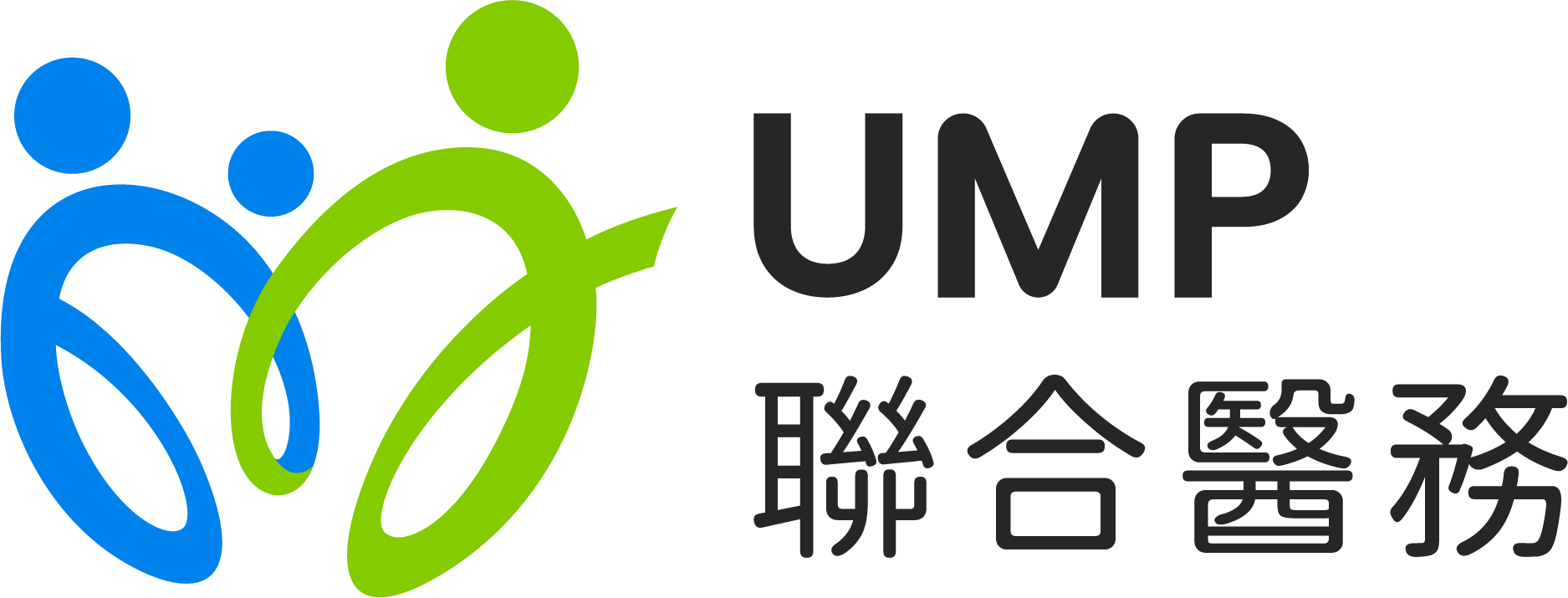Demand for Telemedicine Increases and Expects to be a New Trend in Medical Services Nearly 90% of Users are Willing to Recommend the Services to Relatives and Friends
UMP Healthcare Holdings Limited (“UMP” or the “Group”, SEHK: 722) announced the results of a recent service survey, which found that as the COVID-19 pandemic continues, the demand for video medical consultation (“telemedicine services”) among patients is increasing, with nearly 90% of surveyed COVID patients claiming that they would recommend their relatives and friends to use it. Telemedicine services is expected to grow in popularity in the provision of clinical healthcare services in the future.
Ms. Jacquen Kwok, Managing Director of UMP, said, “UMP medical team has been working hard to prevent and combat the epidemic, especially in deploying manpower in coordinating the free telemedicine services to relieve the pressure on that public healthcare system. We are grateful to CTFE for their recognition of our services, and we will work together to fight the epidemic. I hope that more enthusiastic people and doctors of our associate network will join us to support these meaningful endeavours and wish the epidemic will soon be over.”
UMP continues to expand free telemedicine services for COVID-19 patients
UMP is always committed to combating the epidemic with Hong Kong people. Since February this year, UMP has been offering free telemedicine with the support of UMP Charity Foundation (“Charity Foundation”). Many patients have benefited from such services. On 21 March this year, the Charity Foundation received a HK$1 million donation from CTFE Social Solutions to allow COVID-19 patients who were quarantined at home to get timely medical consultation. UMP is actively expanding the scope of its free telemedicine service, not only by recruiting more doctors to join the force of giving medical consultation, but also waiving the cost of third-party drug delivery services, which prioritizes services to the elderly and children. It is expected that this donation will benefit up to 3,000 COVID-19 patients.
Mr. Patrick Tsang, Founder of CTFE Social Solutions, mentioned, “We hope to provide different kinds of assistance to the needy people in society through different programs. We make every effort in this donation to provide support for the elderly and children at home. Through the free telemedicine services provided by UMP, we hope to provide professional ‘complimentary medical consultation’ to the elderly and children and relieve the stress and anxiety of the patients’ families.”
Telemedicine is rising and becoming popular
Since the launch of the free service up till now, 26% and 14% of users are patients over 60 years and under 12 years old respectively, which is in line with UMP’s original intention to provide support to the most vulnerable segments of society: elderly and children. More than 45% of users were able to consult a doctor via video call within the first 4 days after their confirmed diagnosis. Common symptoms include fatigue (73.9%), sore throat (72%), runny nose (65.7%), headache (53.7%) and blocked nose (52%).
To improve and promote follow-up services, UMP surveyed COVID-19 patients who had received free telemedicine services from late February to 25 March this year. Results showed that over 87% and 90% of the patients did not use the public emergency service and private hospitals respectively; only about 7% and 10% of the patients consulted private doctors of Western and Chinese medicine respectively, indicating that telemedicine services could resolve most confirmed patients’ needs. Nearly 74% of the patients had taken self-purchased over-the-counter medicines, mainly were western. Up to 97% of the patients used telemedicine for the first time, and most of these users felt that the appointment process was smooth and that they were satisfied with the doctor’s consultation and medication collection arrangement. They also expressed that they would continue to use telemedicine in the future. About 90% of the interviewees would recommend telemedicine to their relatives and friends. As the epidemic continues, contactless remote consultation is expected to become a key direction for future medical development.
